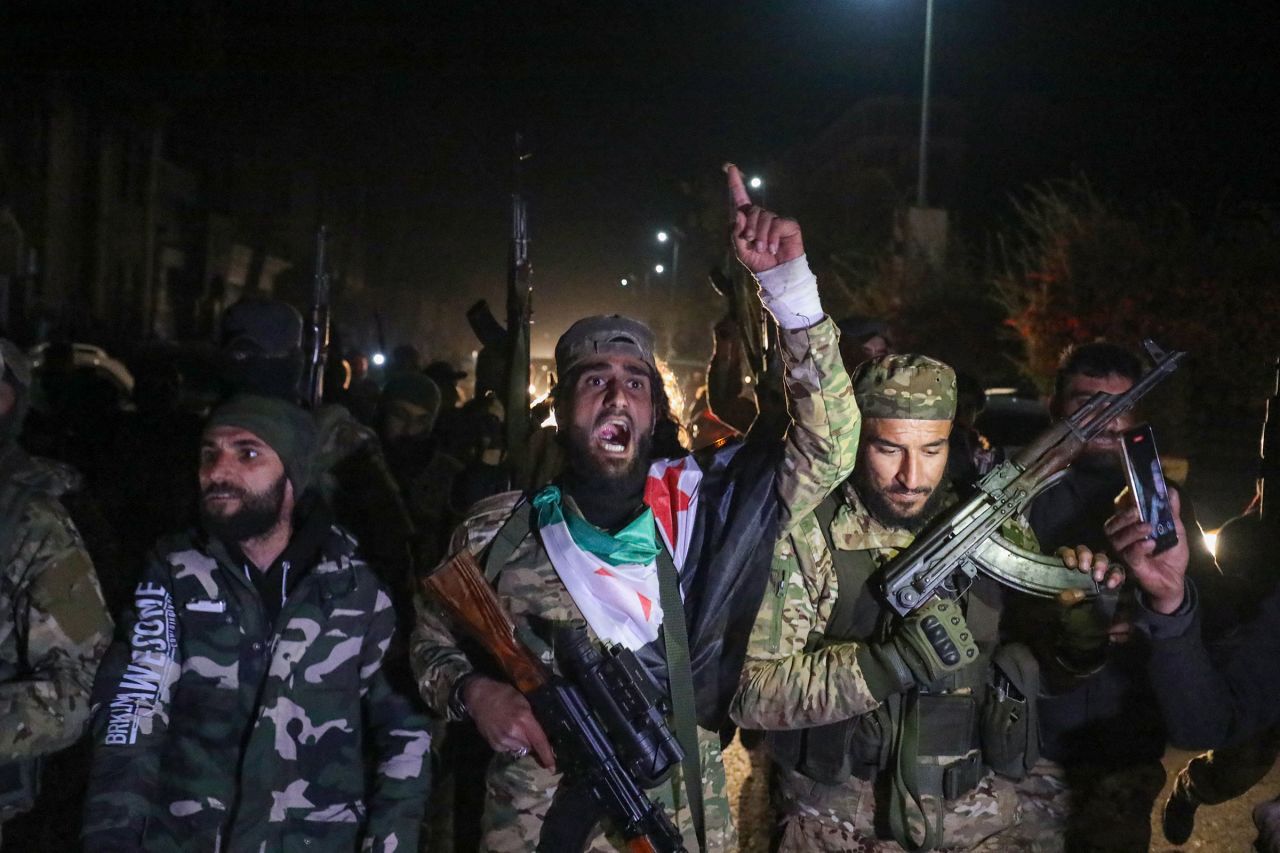Tensions between Israel and Iran have reached a boiling point after Israel launched military strikes against Iranian military sites early morning of Saturday, October 26. The strikes, which targeted missile factories and other military installations, were in retaliation for Iran’s attack on Israel on Oct. 1, when it launched around 200 ballistic missiles towards Israel.
The Iranian attacks were in sympathy for the Israeli pounding of southern Lebanon and the killing of several Iran-affiliated Hezbollah leaders.
In the meantime, Iran’s Civil Aviation Organization announced on state media that all flights into Iran have been canceled until further notice. It had earlier issued a notice closing its airspace for several hours.

Iran’s air defenses reportedly countered the Israeli missiles, but not all were captured. A hit at one location killed two soldiers and some other places suffered limited damage. An Iranian news agency vowed a “proportional reaction” to the Israeli strikes.
Supreme Leader Ayatollah Ali Khamenei has instructed the military to develop multiple plans to counter an Israeli offensive, with the nature of Iran’s retaliation depending on the scale and severity of any strikes from Israel.
Iranian Foreign Minister Abbas Araghchi clarifies; “In the event of an Israeli attack, the shape of our response will be proportionate and calculated.” This cautious approach reflects Iran’s awareness of the devastating impacts witnessed by its allies in the region, particularly in Lebanon and Gaza from Israeli bombardments.
Don’t Respond – Israel Warns
However, Israel has assured that its response to earlier Iran attack is over – at least for now, but warns if Iran retaliates its Saturday morning attack it would be “obligated to respond” even further.
Israeli Defense Force (IDF) Rear Adm. Daniel Hagari tweeted, “Our message is clear: All those who threaten the state of Israel and seek to drag the region into a wider escalation will pay a heavy price,” he said in a video posted to X.
“We demonstrated today that we have both the capability and the resolve to act decisively, and we are prepared on offense and defense to defend the state of Israel and the people of Israel.”
Global Concerns
The long dreaded direct exchanges between Israel and Iran have heightened fears of a Middle-Eastern conflagration with the prospect of drawing in the United States and other powers. The stakes are high, with a direct conflict between Iran and Israel potentially jeopardizing ceasefire efforts in Gaza and Lebanon.

Inside Iran itself, public sentiments are reportedly mixed, with many Iranians expressing anxiety about the prospect of war with Israel. Economically, Iran is already under economic pressure as its currency – the Rial, falters heavily against the dollar and soaring domestic prices.
In anticipation of a potential Israeli retaliation, Iran has placed its armed forces on high alert, enhancing air defenses around sensitive military and nuclear sites.
The international community is both anxious and vigilant, awaiting Iran’s response to Saturday’s strikes. As Iranian Foreign Minister Abbas Araghchi promised, “The shape of our response will be proportionate and calculated.” The world awaits with bated breath.
Comment, Like 👍, share this article, and Follow us on our social media handles.







